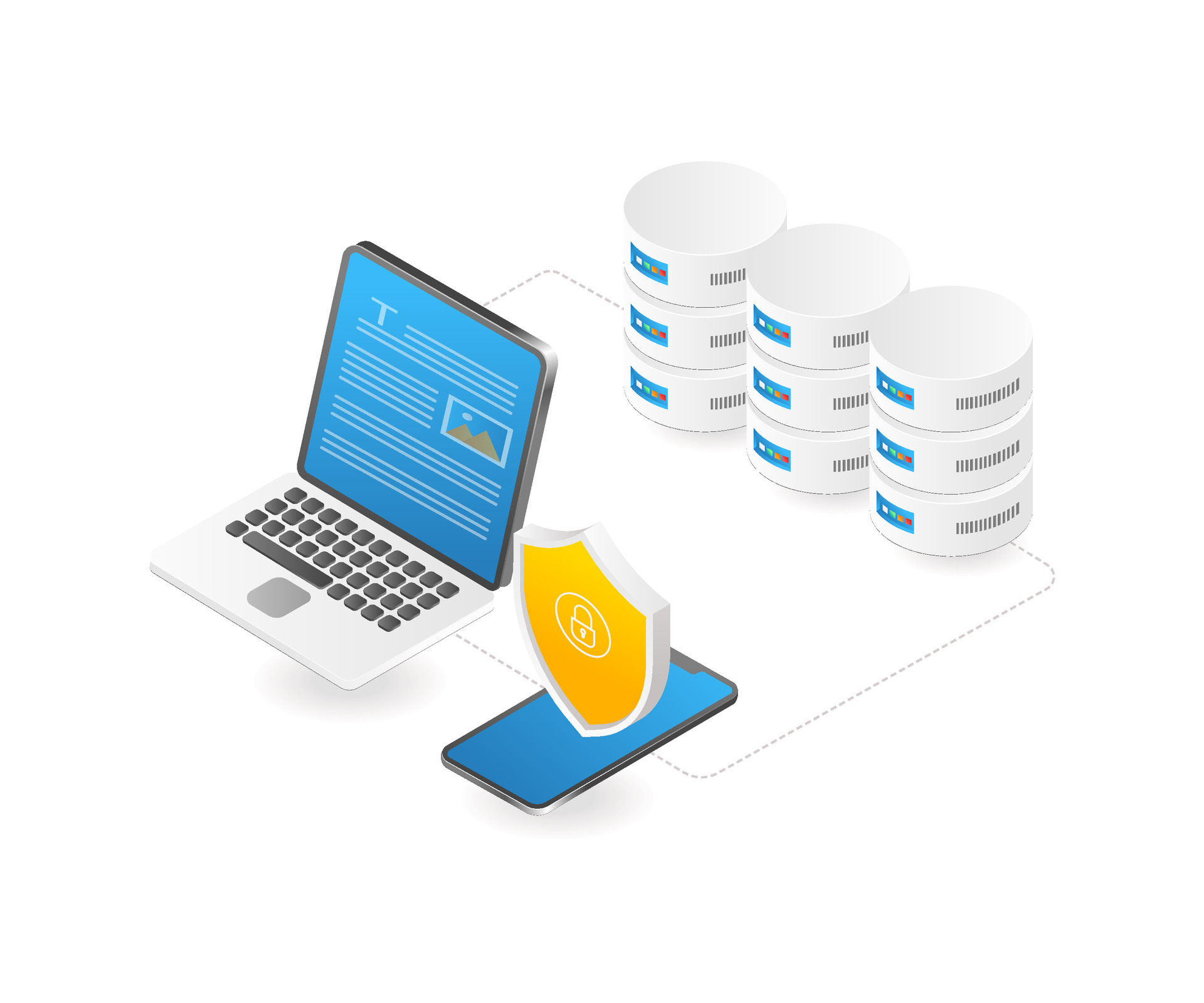Comprehensive Overview of White Label Web Development

White label web development enables businesses to harness the expertise of specialized development teams without the need for extensive internal infrastructure. In this article, we will delve into the intricacies of white label web development, exploring its benefits, the key players involved, and essential considerations when selecting the right partner.
What is White Label Web Development?
White label web development refers to a business arrangement where one company (the reseller or agency) outsources the development of websites or web applications to another company (the white label partner or service provider) that produces the work on behalf of the reseller. The reseller then sells or presents the end product to their clients under their brand, without disclosing the involvement of the white label partner. This allows the reseller to offer web development services without having an in-house development team, and the white label partner benefits by getting consistent work from the reseller.
What Are the Benefits of White Label Web Development?
Cost-Efficiency
Web development white label eliminates the need to invest in hiring and maintaining an in-house web development team. This results in significant cost savings, including salaries, benefits, training, and infrastructure. Businesses can pay for the specific services they need, making it a cost-effective solution.
Speed and Time Savings
White label partnerships allow businesses to kickstart web development projects quickly. Leveraging the expertise of established development teams means faster project initiation, shorter turnaround times, and quicker delivery to clients. This agility can be a competitive advantage.
Access to Specialized Expertise
White label partners typically have specialized skills and experience in various technologies and design trends. By collaborating with these experts, businesses gain access to high-quality development services without having to invest time and resources in building such expertise in-house.
Scalability and Flexibility
White label web development arrangements offer scalability, allowing businesses to take on more projects without the burden of scaling their own workforce. Whether it's handling increased workloads or adapting to changing client demands, white label partnerships provide flexibility for businesses to grow and evolve.
Focus on Core Competencies
Businesses can concentrate on their core competencies, such as client management, marketing, and sales while outsourcing the technical aspects of web development to specialized partners. This focused approach enables more efficient business operations and strategic growth.
These benefits collectively contribute to increased efficiency, reduced costs, and improved client satisfaction, making white label web development an attractive option for businesses looking to expand their service offerings in the digital space.
How White Labeling Works
White labeling in the context of web development involves a process where a company (the reseller) outsources the development of websites or web applications to another company (the white label partner or service provider).
1. Partnership Initiation
The reseller identifies a need for web development services and seeks a white label partner. Both parties negotiate terms, finalize agreements, and establish a partnership.
2. Client Interaction and Requirement Gathering
The reseller engages directly with the client, gathering project requirements, objectives, and expectations. The reseller acts as the intermediary between the client and the white label partner, ensuring clear communication.
3. Development Phase
The white label partner takes charge of the technical aspects, including design, coding, and testing. Regular updates and communication occur to address any issues or changes during the development process.
4. Branding and Customization
Upon completion, the white label partner delivers the finished product to the reseller. The reseller adds its branding elements to customize the product, presenting it as an in-house creation.
5. Client Presentation and Relationship Management
The reseller presents the final product to the client under its own brand, managing ongoing client relationships, addressing post-delivery issues, and providing support and maintenance as needed. The reseller remains the primary point of contact for the client.
How to choose right White Label Web Development Agency
Expertise and Industry Experience
Selecting a white label web development partner with expertise and industry experience is paramount. Assess the partner's track record by examining their portfolio and case studies. Look for projects similar to your requirements and ensure they have successfully executed initiatives in your industry. A partner with relevant experience is more likely to understand your clients' needs and deliver tailored solutions.
Technical Proficiency
Technical proficiency is a crucial factor in ensuring the successful execution of web development projects. Evaluate the partner's proficiency in programming languages, frameworks, and technologies that align with your project requirements. A technologically adept partner can offer innovative solutions, adhere to best practices, and ensure the scalability and future-proofing of the developed products.
Communication and Collaboration
Effective communication and collaboration are foundational to a successful partnership. Assess the partner's communication processes, including project updates, reporting mechanisms, and responsiveness. A transparent and communicative partner facilitates a smooth workflow, reducing the likelihood of misunderstandings and enhancing the overall efficiency of the collaboration.
Scalability and Resource Availability
Consider the scalability of the white label partner's services to ensure they can accommodate the growth of your business. Assess their resource availability, including the size of their development team and their ability to allocate resources based on project demands. A partner with scalable services ensures that your projects receive the attention and resources they require, even as your business expands.
Quality Assurance and Testing Practices
Robust quality assurance (QA) and testing practices are essential for delivering high-quality web development projects. Inquire about the partner's QA processes, testing methodologies, and measures taken to ensure the reliability and security of the developed products. A partner with a strong commitment to QA helps mitigate risks, ensures a smooth user experience, and minimizes post-launch issues.
Security and Confidentiality
Security is a critical consideration, especially when handling sensitive client data and project information. Assess the white label partner's commitment to data security, including encryption practices, secure coding standards, and compliance with industry regulations. Additionally, ensure that the partner is willing to sign confidentiality agreements to safeguard your clients' information, fostering trust and compliance with data protection standards.
By thoroughly evaluating potential white label web development agencies based on these considerations, you can make an informed decision that aligns with your business objectives, ensuring a successful and enduring collaboration. This comprehensive approach helps build a foundation for trust, quality, and mutual growth.
Conclusion
White label web development stands as a dynamic and efficient solution for businesses seeking to offer high-quality web development services without the burdens of maintaining an in-house team. This outsourcing model provides a pathway for companies to tap into the specialized expertise of seasoned developers, fostering a win-win collaboration that fuels growth and innovation.
As technology continues to advance and client demands become more intricate, the strategic adoption of white label web development services is poised to play a pivotal role in the success of businesses across various industries. Embracing this collaborative approach not only meets the immediate needs of clients but also positions businesses for sustained growth and adaptability in the rapidly changing world of web development.


